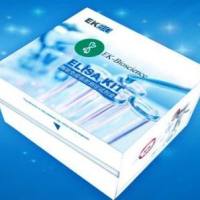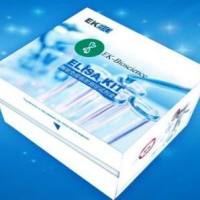Inhibitory RNA Molecules in Immunotherapy for Cancer
互联网
538
Over the past few decades, our expanding knowledge of the mammalian immune system - how it is developed, activated, and regulated - has fostered hope that it may be harnessed in the future to successfully treat human cancer. The immune system activated by cancer vaccines may have the unique ability to selectively eradicate tumor cells at multiple sites in the body without inflicting damage on normal tissue. However, progress in the development of cancer vaccines that effectively capitalize on this ability has been limited and slow. The immune system is restrained by complex, negative feedback mechanisms that evolved to protect the host against autoimmunity and may also prevent antitumor immunity. In addition, tumor cells exploit a plethora of strategies to evade detection and elimination by the immune system. For these reasons, the field of cancer immunotherapy has suffered considerable setbacks in the past and faces great challenges at the present time. Some of these challenges may be overcome through the use of RNA interference, a process by which gene expression can be efficiently and specifically “knocked down” in cells. This chapter focuses on the current status and future prospects in the application of small interfering RNA and microRNA, two main forms of RNA interference, to treat cancer by curtailing mechanisms that attenuate the host immune response.








